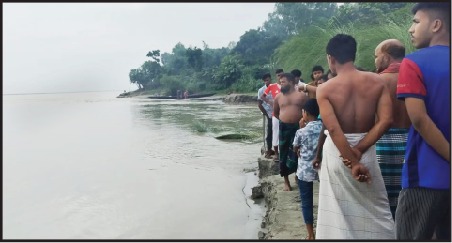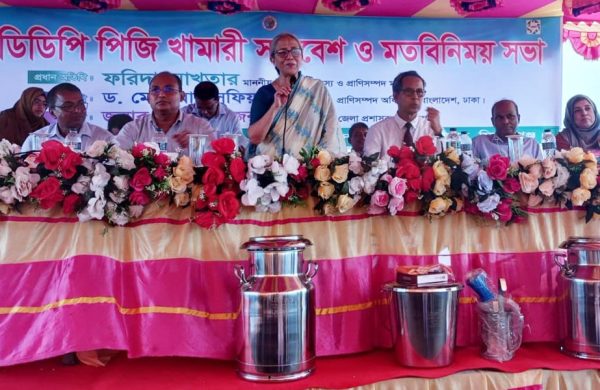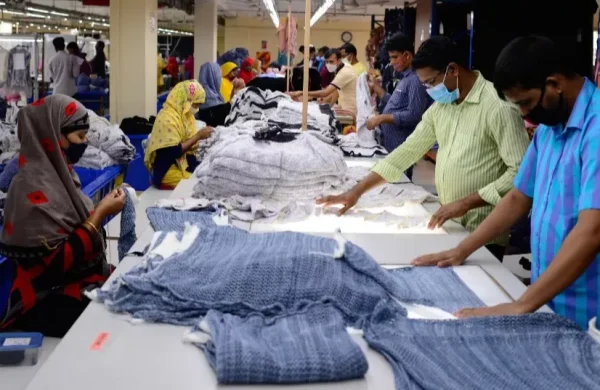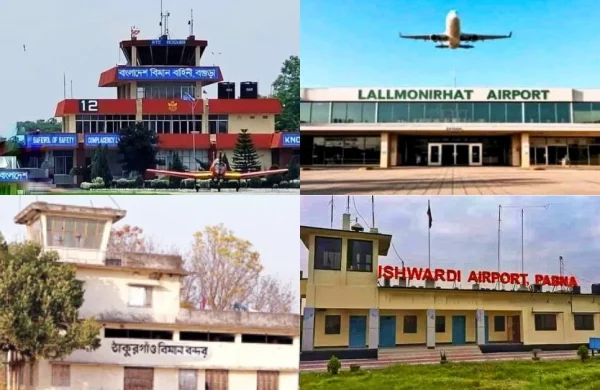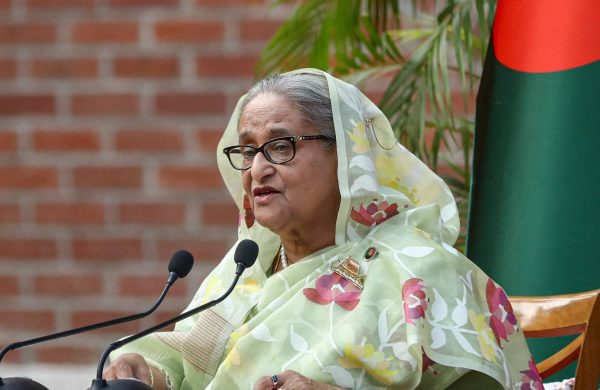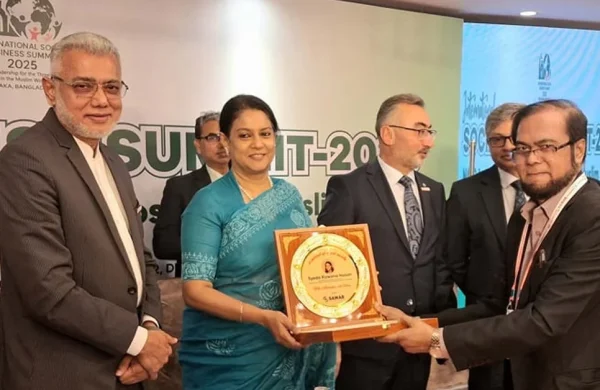Syndicates’ absence in Ctg port cuts lighter ship transport costs 25pc
- Update Time : Sunday, August 25, 2024

TDS Desk:
With the removal of the transportation syndicates, goods are now transported from the outer anchorage of Chattogram port to 34 sea routes under an open market system, which traders report has reduced the cost of lighter ship transportation by at least 25%.
They anticipate that this reduction will positively affect product prices in the market.
Stakeholders say the Water Transport Cell (WTC) previously controlled the transportation of goods from Chattogram port by lighter vessels. Following a dispute between ship owners’ organisations, the Mercantile Marine Office (MMO) established the Bangladesh Water Transport Coordination Cell (BWTCC) last April.
However, the BWTCC was not operational because the ship owners did not come together under the organisation.
In the absence of these cells, which operated as syndicates, owners and agents of imported goods are now transporting their cargo by hiring ships of their choice.
The syndicates have been completely dysfunctional since the ouster of the Awami League government in the face of mass protests, according to stakeholders.
Individuals involved with the MMO, the government body responsible for ship registration, along with ship owners and importers, have expressed a preference against the use of any cell or syndicate for transporting goods via naval routes.
They argue that an open market system would reduce transportation costs by Tk20 per tonne, which the syndicate used to collect as a commission, and decrease the practice of additional fare collection.
However, since the fall of the Awami League government, there has been significant disruption in the transportation and clearance of goods at Chattogram port. In particular, ships were unable to unload goods for at least five days due to vandalism and attacks at the unloading points in Dhaka and Narayanganj.
Seacom Group Chairman Mohammed Amirul Haque told that previously, the transportation of goods was controlled by various cells, which set fixed rates. This control is no longer in place.
“The syndicate was completely disbanded following the Anti-Discrimination Student movement,” he added.
He noted that the fare per tonne from Chattogram port was Tk585 but has now decreased to Tk440. “As transportation costs decrease, the price of goods in the market will naturally fall,” he said.
Haque emphasised the need for concerned parties to reach an agreement to prevent any new syndicate from taking over the transportation system.
He stressed that general ship owners, logistics companies, and industrial owners should ensure that goods are transported according to their preferences.
According to data from Chattogram port, 45% of the ships arriving from around the world are bulk carriers or open cargo carriers. Around 75% of the open cargo is unloaded on to lighter vessels at the outer anchorage, while the remaining 25% is discharged at the port jetty.
Goods are transferred to lighter ships at the outer anchorage of Chattogram port, with around 2,500 lighter ships transporting these products across 34 sea routes in the country.
Of these, the WTC previously controlled about 1,300 ships, while 400 ships owned by large industrial companies were also involved in the transport.
Various logistics companies also operated lighter vessels outside the WTC’s control. Following the dissolution of the WTC, the Inland Vessel Owners Association of Chattogram (IVOAC) and the Bangladesh Cargo Vessel Owners’ Association (BCVOA) separately issued ship serials.
Currently, about 100 lighter vessels belonging to private owners, industrial groups and logistics companies are also transporting goods every day.
Captain Sabbir Mahmood, principal officer of MMO, told that, “Shipping goods via naval routes is now handled in the open market, with cargo owners booking ships directly.”
He added, “There was an attempt to establish a new cell during the previous government, but it was not feasible due to a lack of consensus among ship owners’ organisations. Whether a new cell will be formed depends on the decision of the current interim government.”
Mahmood said, “The current open market system has led to a decrease in shipping costs compared to before.”
Shafiqul Alam Jewel, Managing Director of Amms Group, a logistics company, said the WTC was formed to coordinate the transportation of goods from the port’s outer anchorage. But it started to control the trade of goods and transportation. This cell took a commission of Tk20 taka per tonne.”
“Those at the WTC used to allocate ships according to their wishes. In case of delay in the transportation of goods, they charged double fare. As a result, the cost of transporting goods would double,” he said.
In 2003, the Bangladesh Cargo Vessel Owners’ Association (BCVOA), Coastal Ship Owners Association of Bangladesh, and Inland Vessel Owners’ Association of Chattogram (IVOAC) jointly established the Water Transport Cell.
Businessmen in the shipping sector reported that the WTC was regulated by the BCVOA, which was controlled by former Prime Minister Sheikh Hasina’s Industry and Investment Advisor Salman F Rahman, former Madaripur-1 MP Noor-e-Alam Chowdhury Liton, and WTC Convenor Nurul Haque Chowdhury.
The Chattogram-based IVOAC was controlled by former Foreign Minister Hasan Mahmud, former Chattogram City Corporation Mayor Azam Nasir Uddin, former Narayanganj MP Shamim Osman, former Noakhali MP Ekram Chowdhury, IVOAC spokesperson Parvez Ahmed, and other leaders.
IVOAC spokesperson Parvez Ahmed told that since both IVOAC and WTC have become inactive, contractors are currently using their own fleets to transport goods by naval routes.
Bangladesh Cargo Vessel Owners’ Association BCVOA Secretary Nurul Haque said that currently the ships are not being controlled under any cell. It is now in a random state. “But we will fix that later,” he said.
Joint General Secretary of Bangladesh Naujan Sramik Federation Nabi Alam said that the loading of goods in lighter ships from Chattogram port is normal. “From 10 August, the situation started to normalise,” he added.


